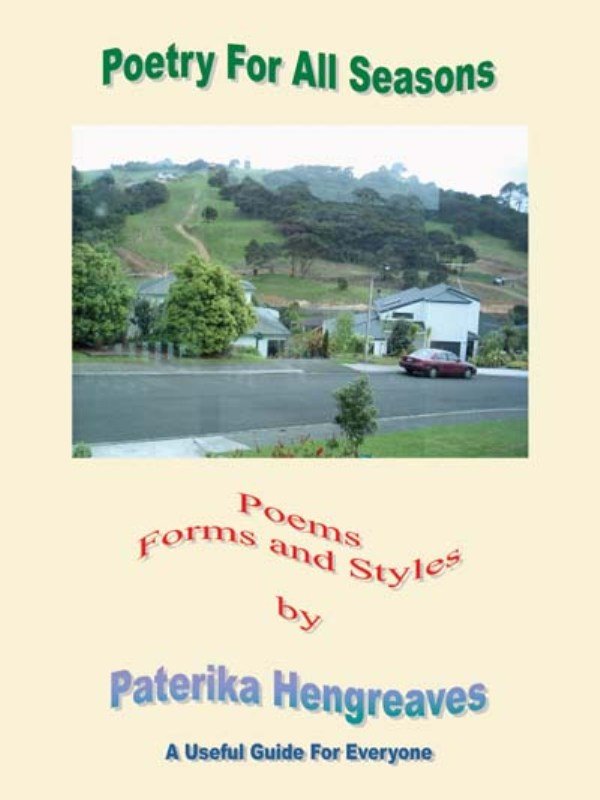Author's Comments
Open Form poetry for all intent and purposes is really Free Verse. It relies on the spontaneous process which comes when the poet is not ruled by poetic constructs. This is so because the use of regular rhythmic patterns, that is, the metrical feet is abandoned. Also, it does not usually rhyme but when there is rhyming it is natural and does not send off the feeling of being forced.
To sum this up, Open Form has freed itself from all the shackles commonly associated with traditional poetry. This liberation as it were, does free the mind from dictates established, but there is an upside and a downside to this paradigm shift, the latter being greater. Persons well versed in the traditional ways of writing poetry invariably do not find difficulty when it comes for them to write Open Form. This is therefore not hard to understand why. However, it is usually not the case the other way around.
I make no apologies for saying that Open Form does little in the way of pushing the poetic bar to newer and daring heights. Poets with a passion for aesthetic nature of poetry find themselves pushing poetry to even greater heights. They are not contented to merely be caught up in poetic complacency that is more often than not the case with Open Form for which this style has the tendency to do. Especially when Open Form poetry does not exhibit a rich imagery and a rhythmic cadence that is powerful. In the final analysis, without these two important aspects of Open Form for which there is no other way to evaluate its greatness, it is not hard to see this form being relegated to what some may say just another display of verbal diarrhea.
Mind you, I’m not saying that Open Form is bad poetry, all I’m trying to say is that it tends to stymie poetic growth especially when its imagery is not vibrant or the cadence flawed as is the case of much published free verse poetry. So, in a way as free as Open Form may sound without some basic structure for guidance it falls flat on its face. So can there be such a thing as free verse! Just think about that. We tend to pull down time tested walls to build on shifting sands but sooner or later we find ourselves shifting gears and returning to base camp again, and that’s what’s happening to poetry today. People are returning to structures of yesteryear or at least acknowledging the good to be gained when poetry is pushed far beyond the qualifying bar.
I like to give Jack his jacket once I know that it will fit well. I said that to say this, I have great respect for E. E. Cummings who experimented radically with form, punctuation, spelling and syntax by way of abandoning traditional techniques and structures to create a new, highly idiosyncratic means of poetic expression. He created the way for all and sundry to delve into poetry even more so for those who some people would say have no passion for academia. He amassed this gigantic following among the youth because his artistry’s simplicity and playful mode on his topics of war and sex.
No doubt, from reading the aforesaid, you may rush to conclude that I don’t like Open Form or wouldn’t write it. Far from the truth. I like all forms of poetry though some may score a higher rating nevertheless I try my head and hands at them all. It is the challenge they present and the satisfaction of striving for versatility in my creative artistry. However, there are essential aspects which I need to get from poetry whether from reading it or from writing it; to read me is to know me and here is the opening line of a poem, “If poetry be the food of the senses....” that gives a peek into what my poetic needs and what can bring me great and sustainable satisfaction. Click here to read the full poem.

No comments:
Post a Comment